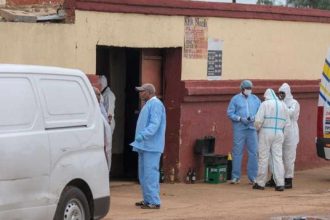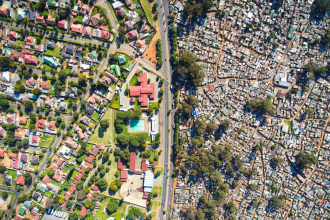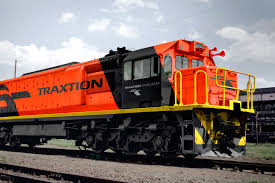South Africa is inching closer to refining its own crude oil as the Department of Mineral and Petroleum Resources (DMRE) eyes the vast Orange Basin reserves shared with Namibia. With over half of these deposits falling on the South African side, energy independence could soon become a reality.
Speaking to Parliament on Tuesday, DMRE deputy director-general Tseliso Maqubela emphasized the significance of these reserves, noting that South Africa is just “one deal away” from commencing oil production.
“Basically, the vast majority of that oil found in Namibia in that basin is on our side of the border. It is now a question of ensuring that companies are allowed to explore,” Maqubela explained during a briefing to the Portfolio Committee on Minerals and Petroleum Resources.
A Game-Changer for South Africa’s Economy
According to Maqubela, unlocking the potential of the Orange Basin would have transformative effects on the country’s economy, particularly in the Northern Cape.
“We allow them to produce, we don’t stand in their way. We make it attractive to produce, and revenues will flow. We just need to be decisive and intentional,” he stated. “Life in the Northern Cape will change overnight.”
A New Petroleum Engineering Hub?
Acknowledging the need for local expertise in the sector, Maqubela revealed that discussions are underway for establishing a Petroleum Engineering School in the Northern Cape. With high expectations for successful explorations in the region, this initiative could ensure that South Africans reap the full benefits of their natural resources.
Beyond the Orange Basin, Maqubela also pointed to promising developments in Limpopo, where a coal bed find could yield methane gas. This has sparked competition with Botswana and Zimbabwe to see which nation will tap into the resource first. However, South Africa holds a competitive advantage.
Addressing Fuel Market Challenges
Despite these optimistic projections, South Africa’s fuel market is grappling with pressing challenges, including fuel adulteration, refinery closures, and regulatory issues.
“We are seeing a phenomenon where people are importing paraffin from Zimbabwe, which does not have the tracer dye, and it is then mixed with diesel in Limpopo and sold to unsuspecting retailers and motorists,” Maqubela warned.
With refinery closures making South Africa more reliant on imports, the influx of off-specification fuels has grown, raising concerns over fuel quality and compliance.
Oversaturated Fuel Wholesale Sector
The DMRE also faces challenges in regulating the oversaturated fuel wholesale sector. Currently, there are 6,000 licensed wholesalers, yet statutory constraints prevent the government from imposing a moratorium on new licenses. This has resulted in fierce competition and administrative burdens on fuel companies striving to comply with regulations.
To combat non-compliance, the DMRE has engaged a company to routinely sample fuel quality and has begun issuing notices of intention to cancel licenses for non-compliant service stations.
“All of a sudden, compliance levels are increasing, revenue is being paid, and the number of repeat offenders has gone down,” Maqubela noted, highlighting progress in restoring integrity to the fuel market.
The Road Ahead: A 40-Year Master Plan
To navigate these complex challenges, the DMRE is developing a comprehensive 25- to 40-year Master Plan for the petroleum sector. This roadmap will address issues from exploration to refining and regulation, ensuring long-term sustainability for South Africa’s energy future.
With vast untapped reserves and a government eager to facilitate exploration, South Africa stands at a pivotal moment. If decisive action is taken, the country could soon reduce its dependence on oil imports and become a major player in the global energy market.

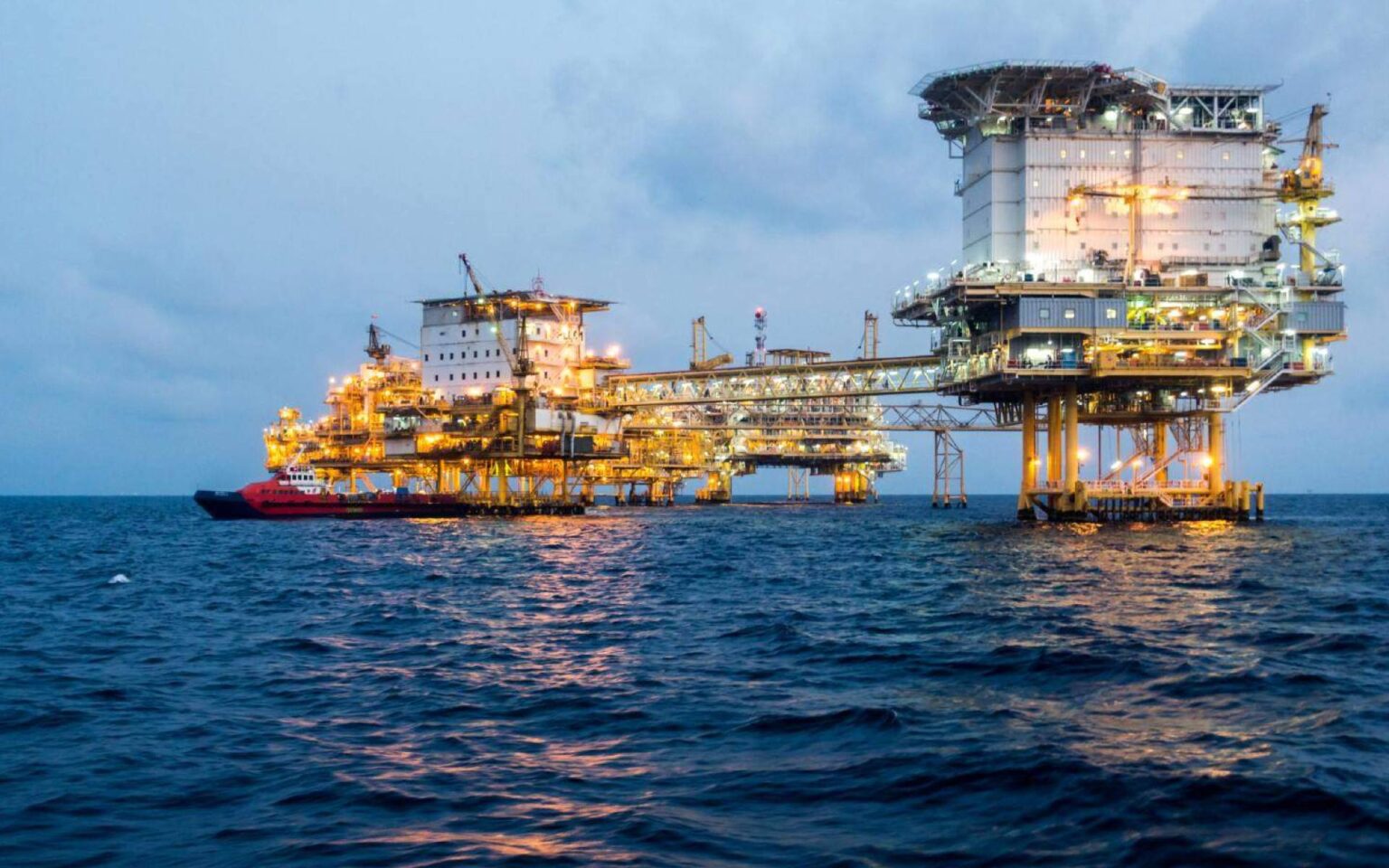

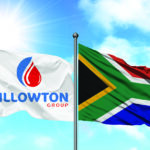

![A worker checks labelling of bottles of beer at the production line of Dutch brewer Heineken factory on June 7, 2011 in Schiltigheim, eastern France, during an official visit announcing the group's goals for sustainable development, by reducing the amount of glass in some beer bottles' production, and lowering by 20 percent the energy needed at its Alsacian factory. [Photo by PATRICK HERTZOG/AFP via Getty Images]](https://myvirgo.co.za/wp-content/uploads/2026/02/heineken-plant-150x150.jpeg)


